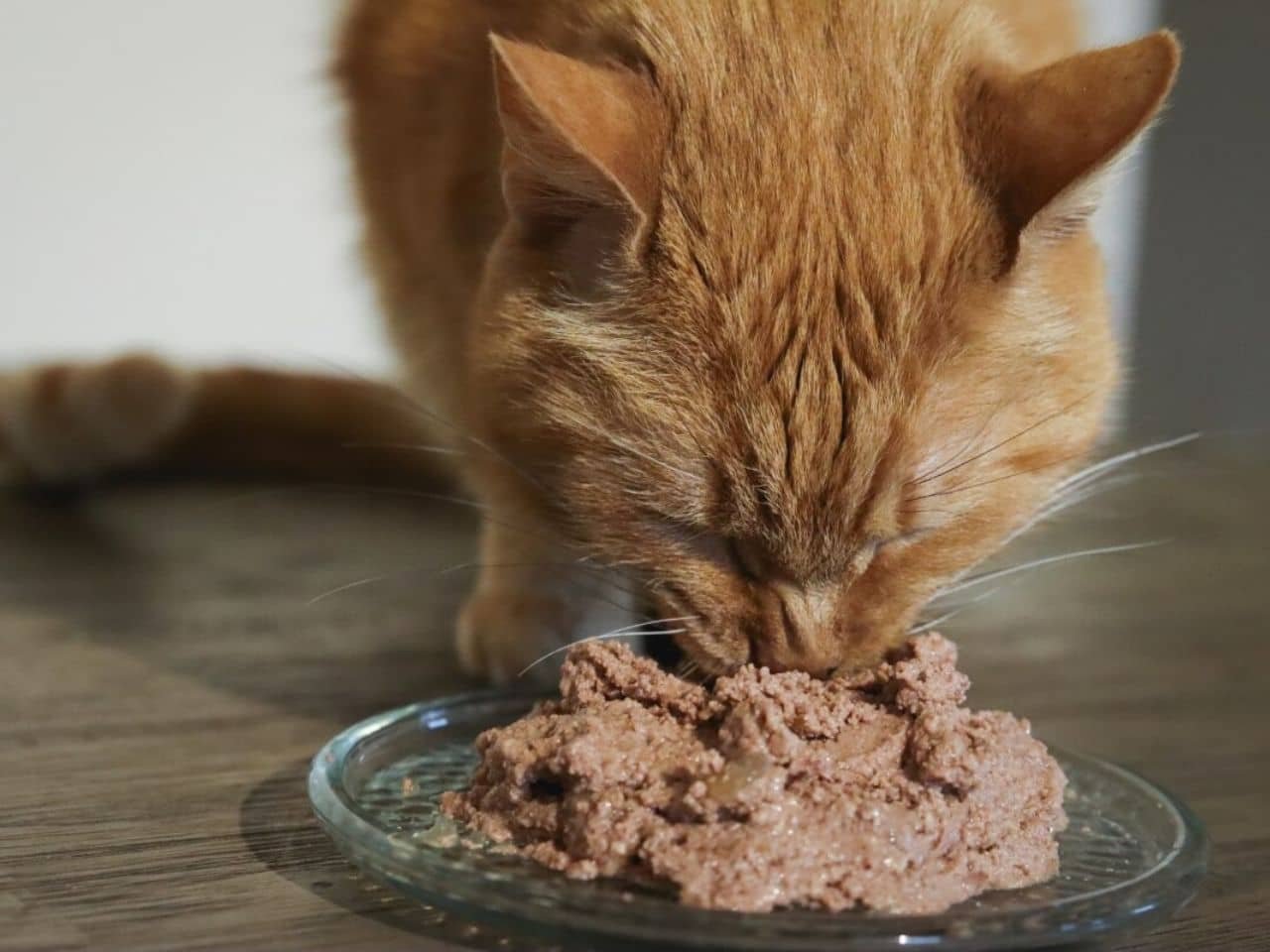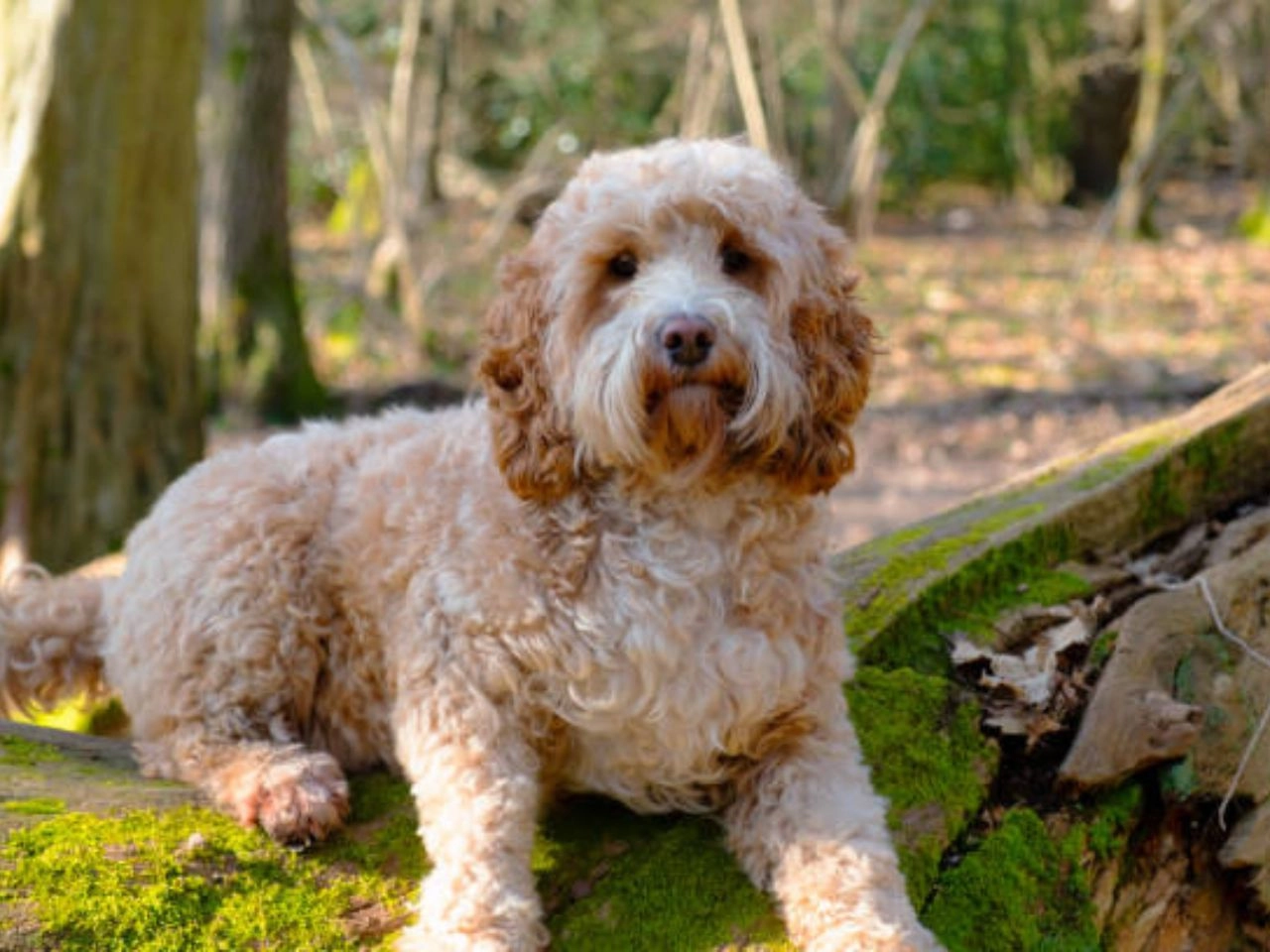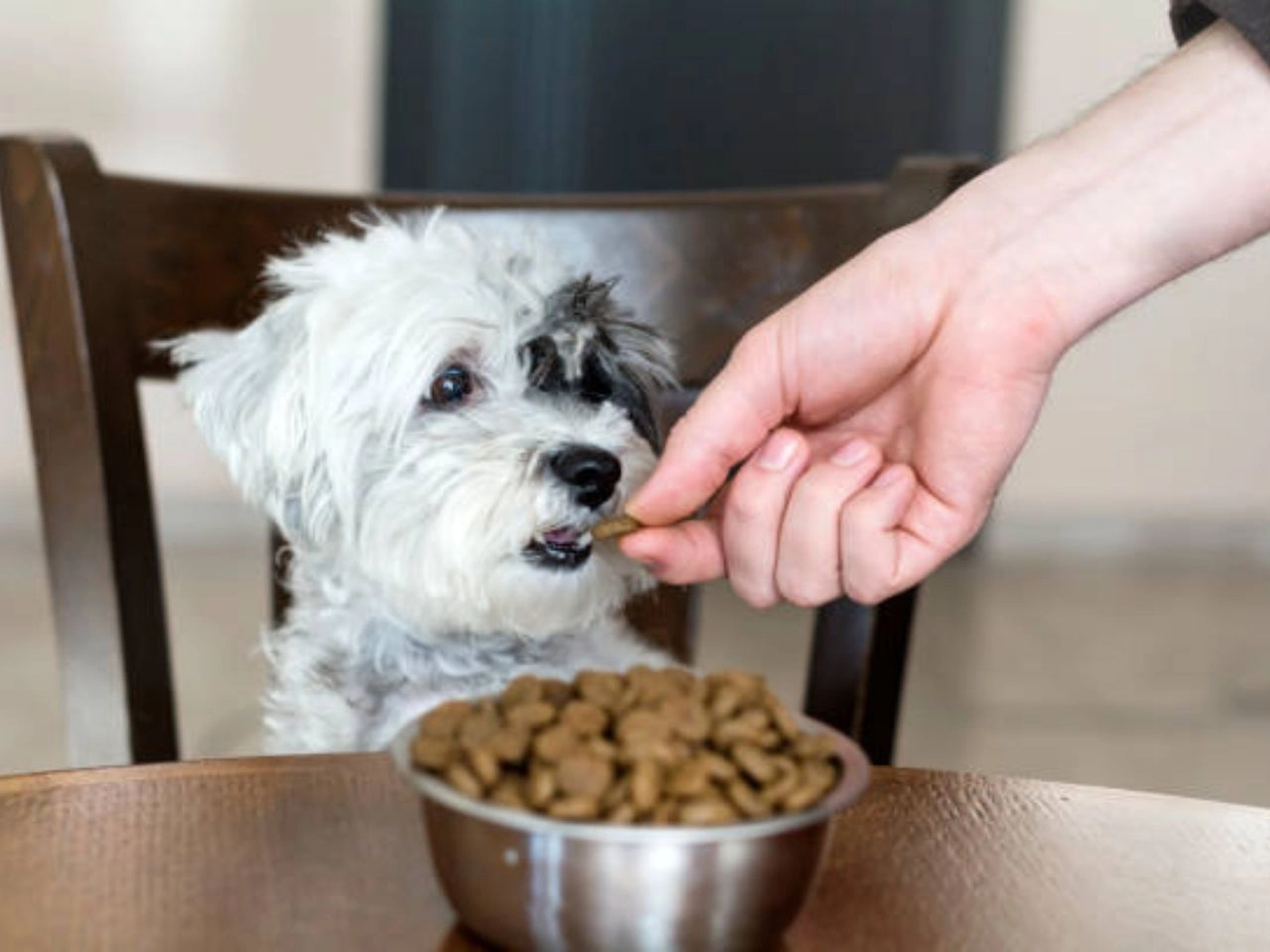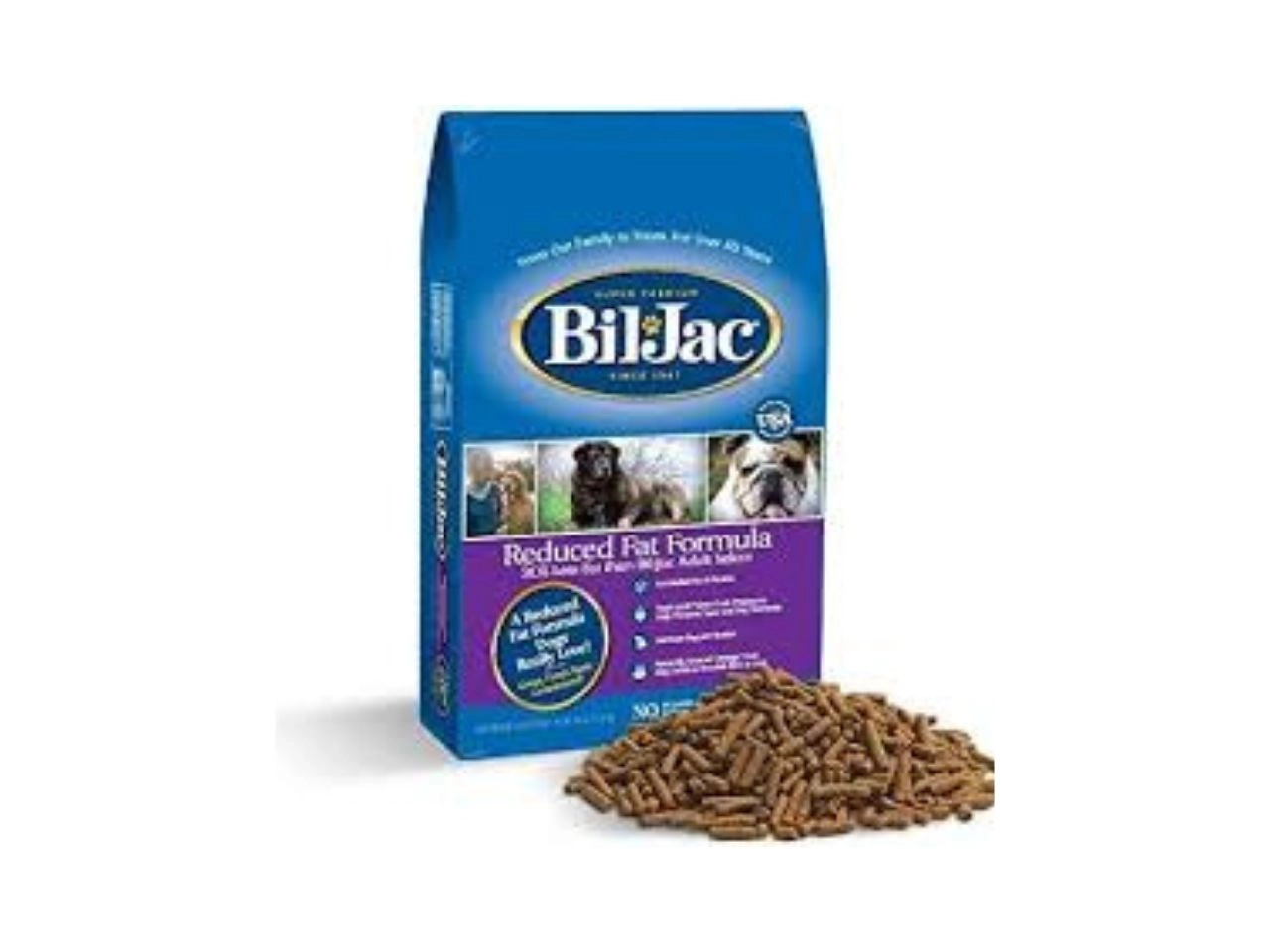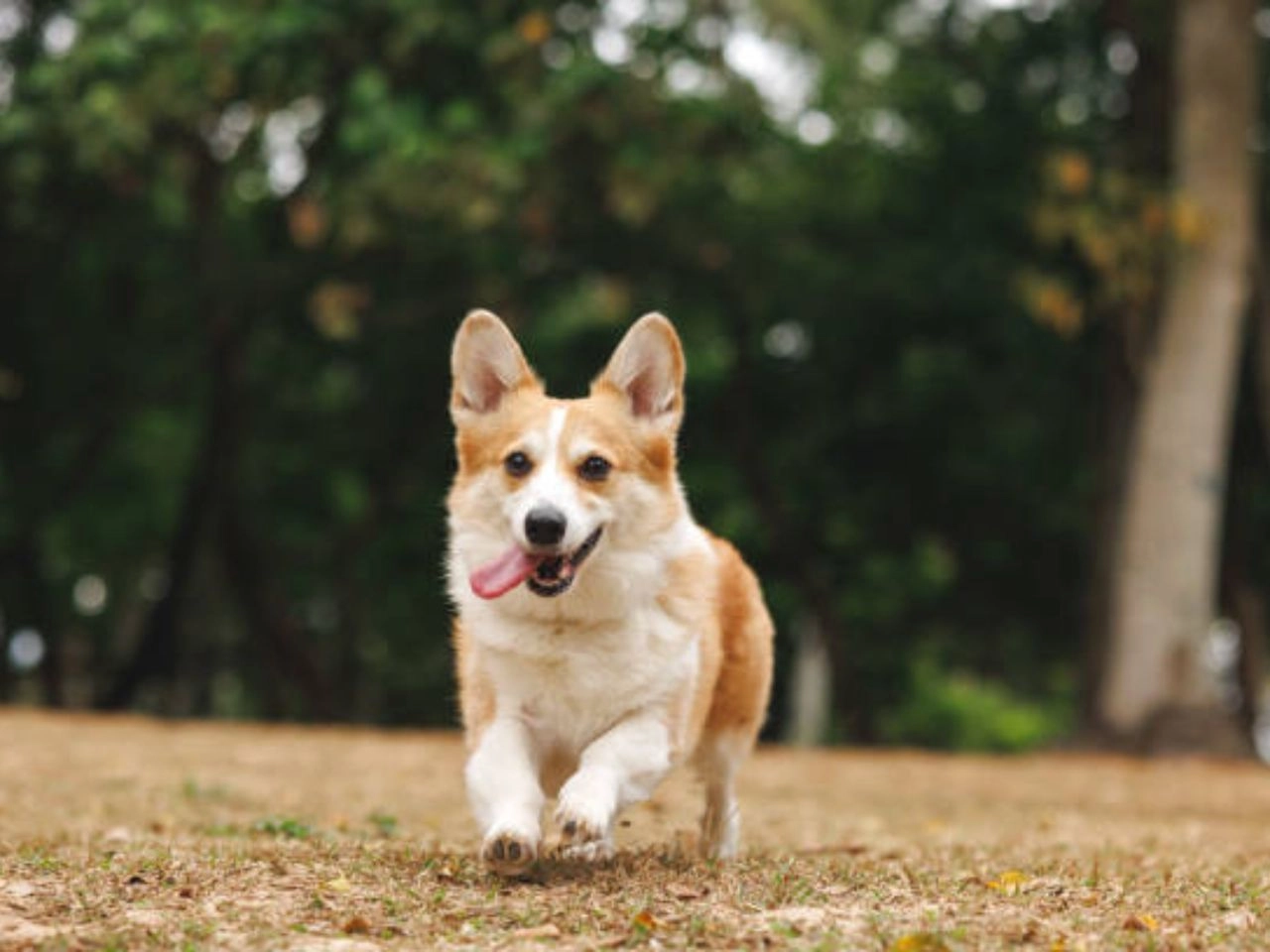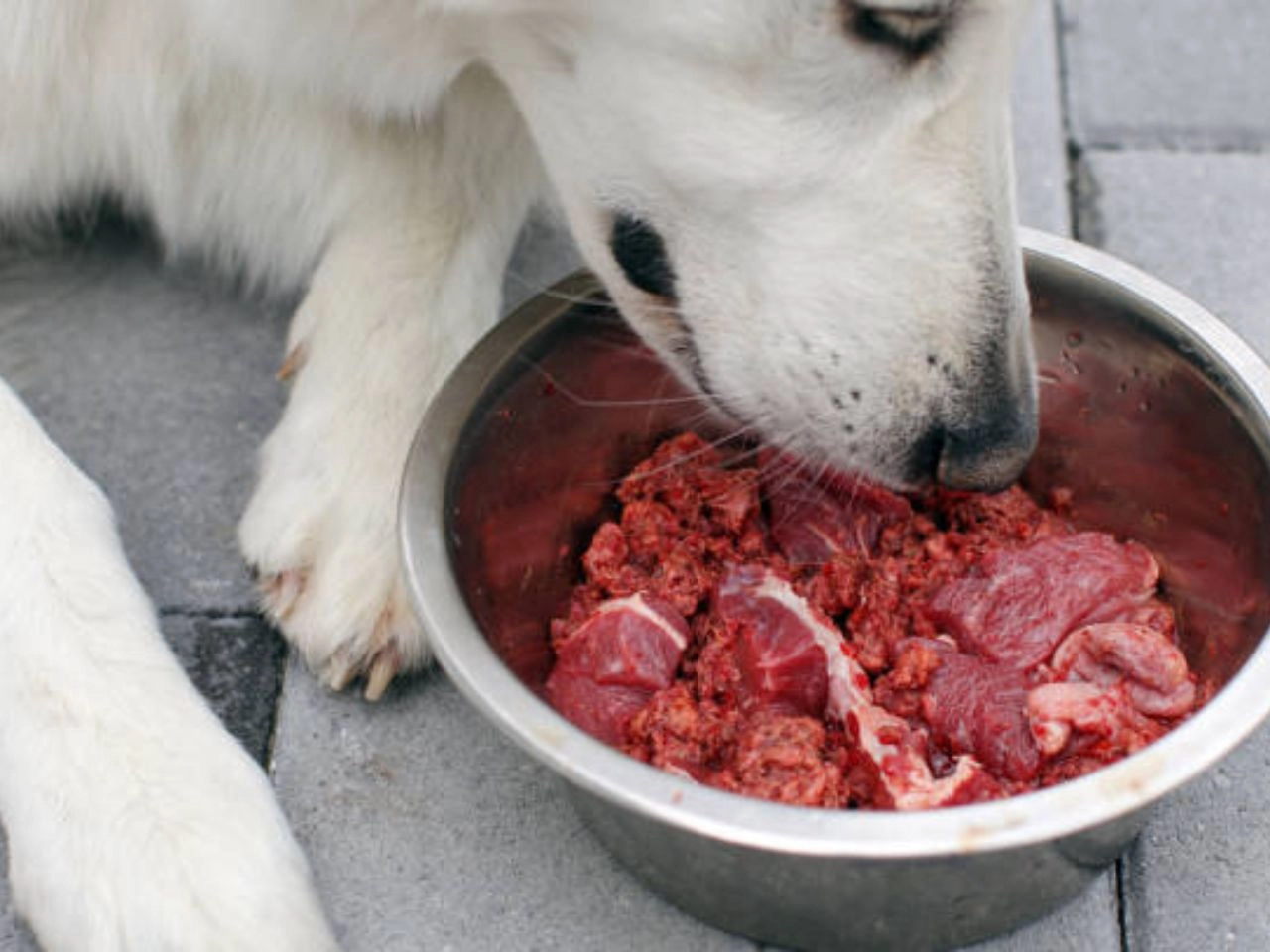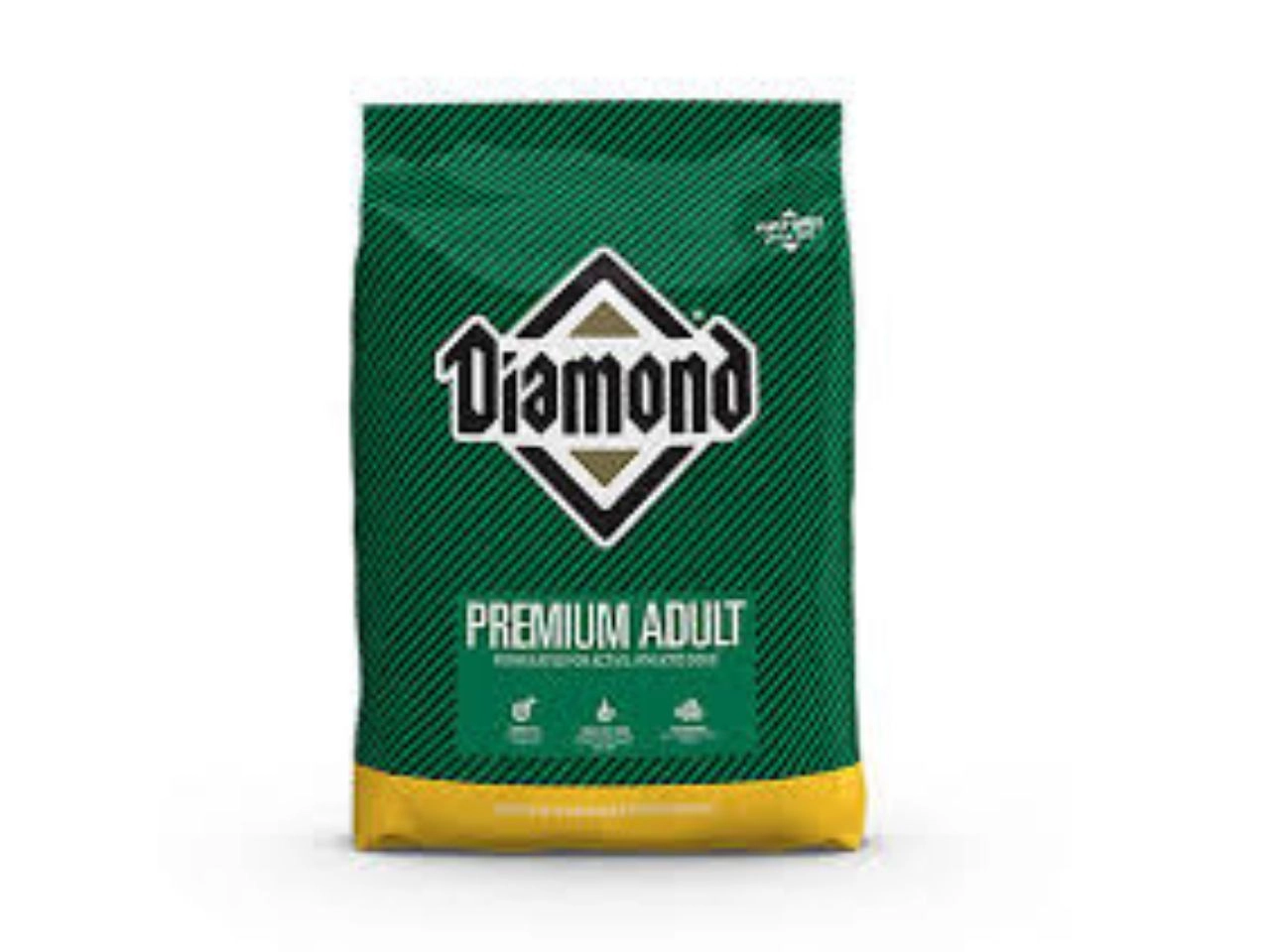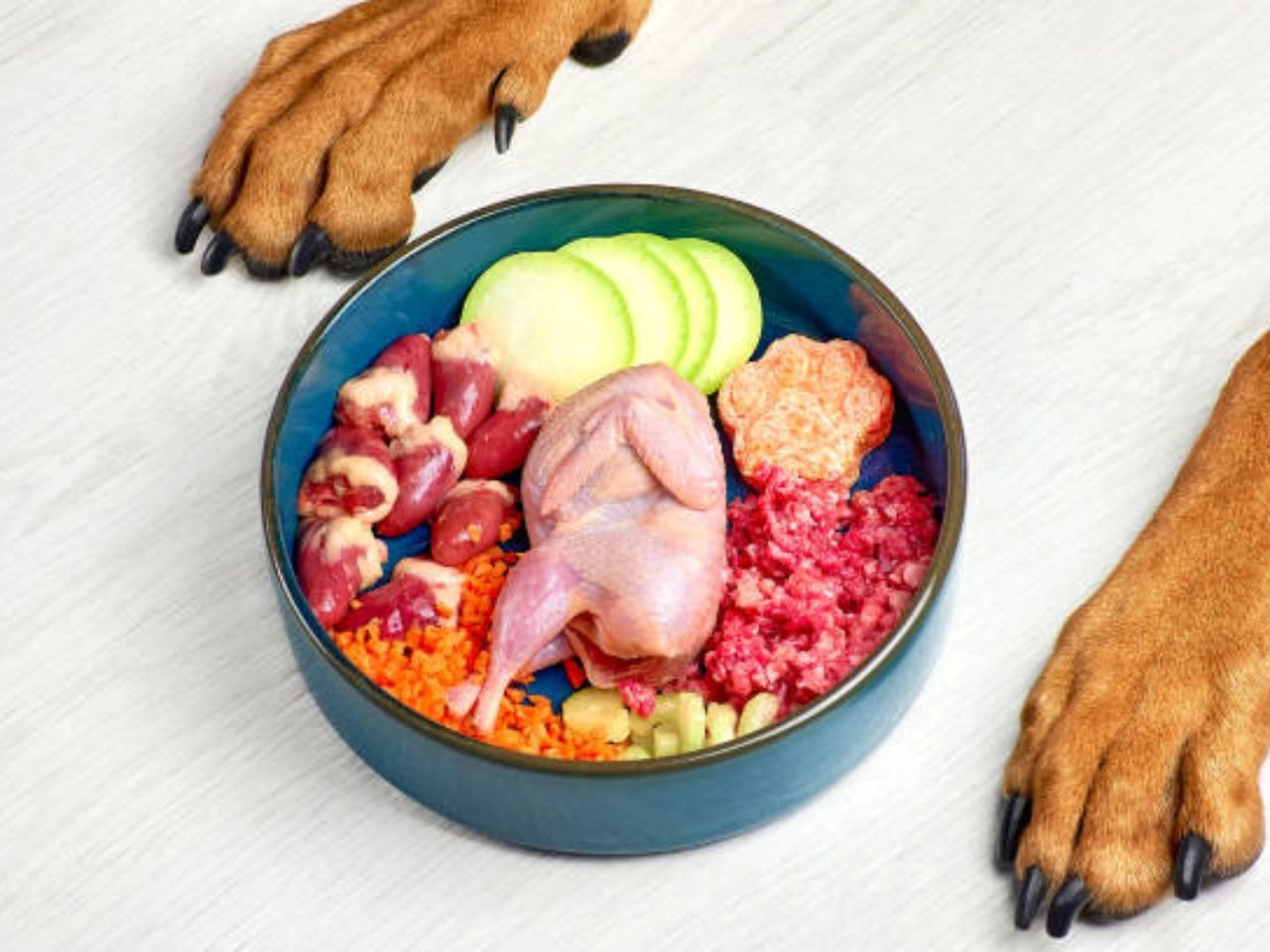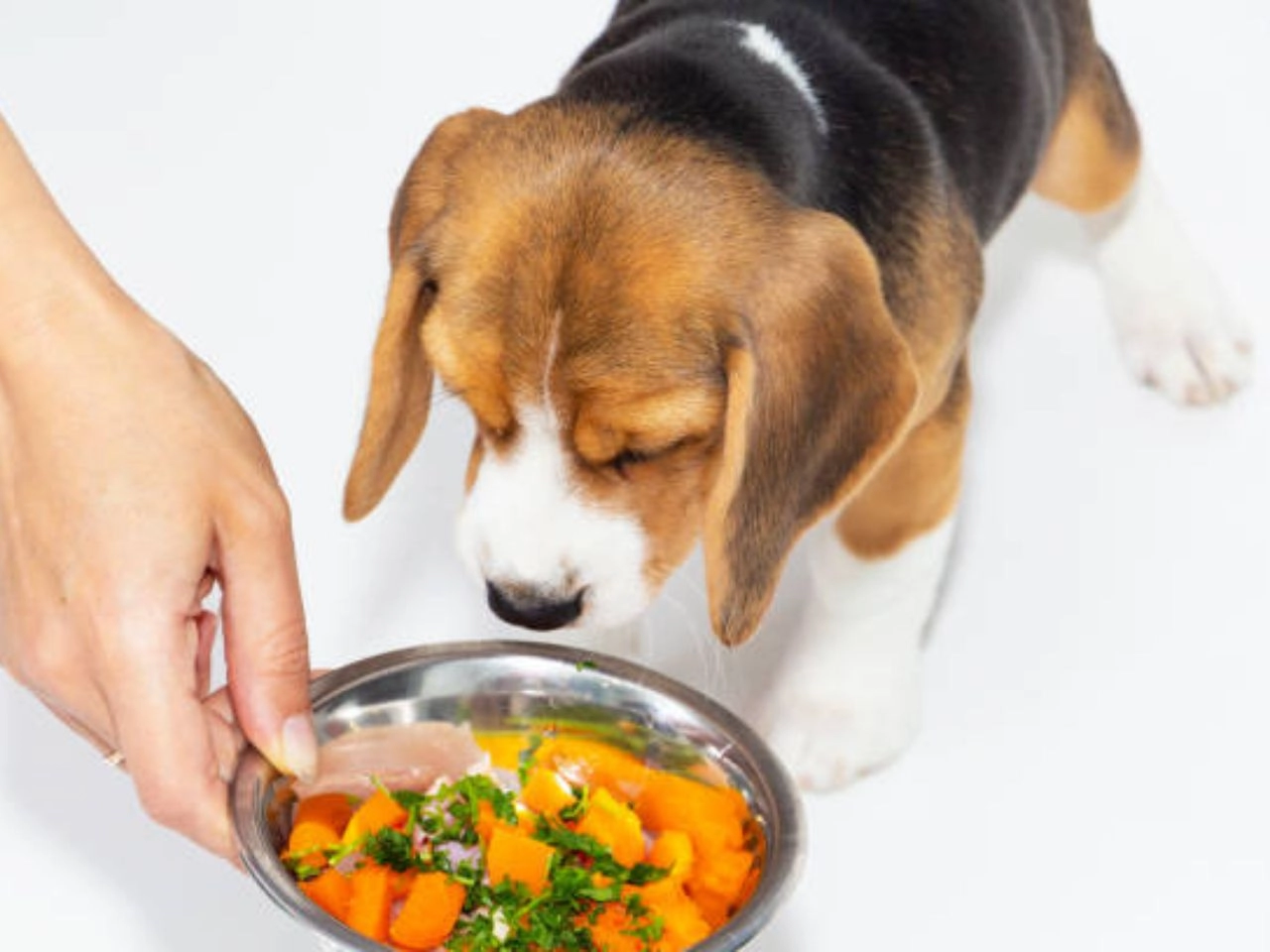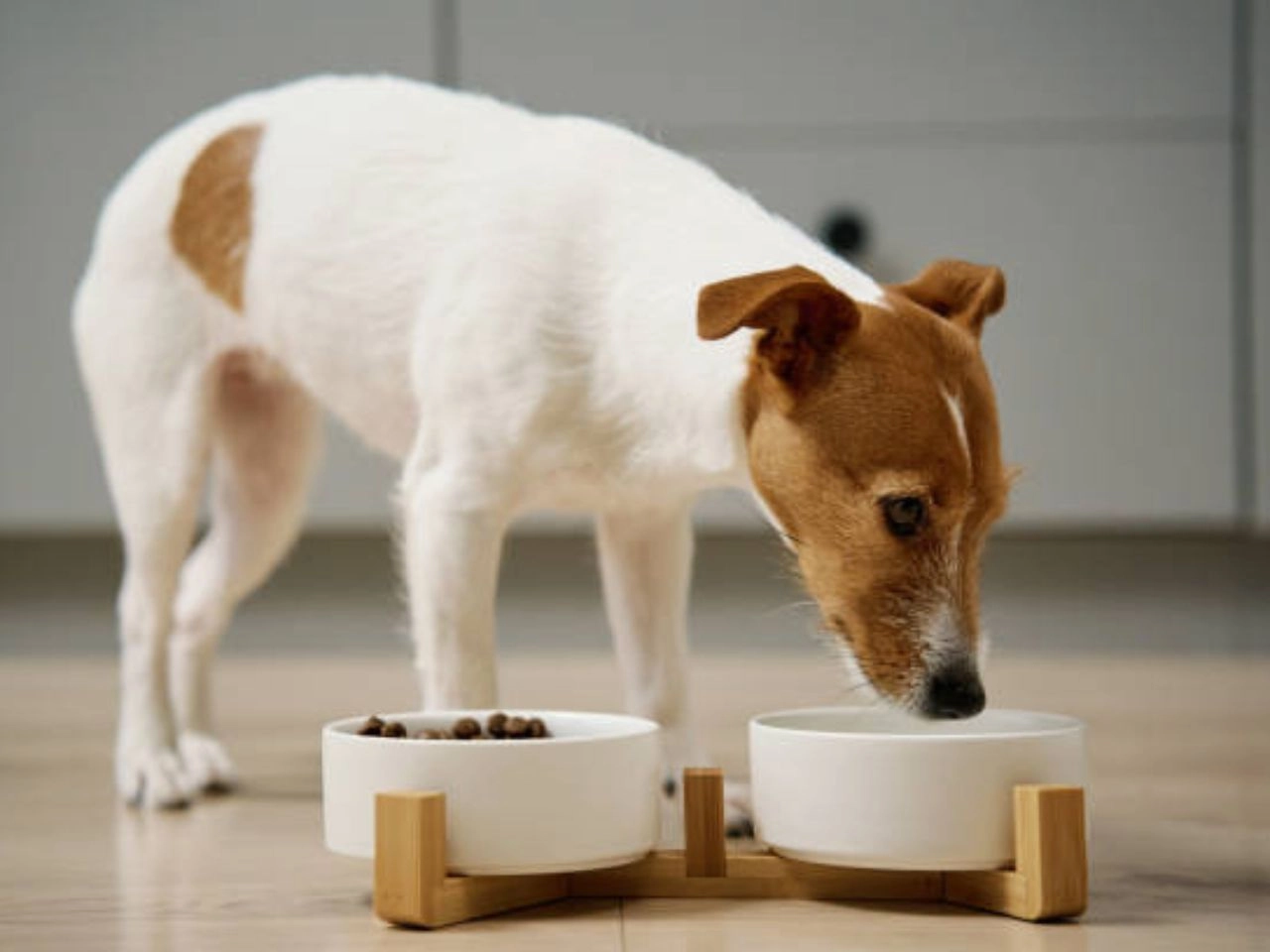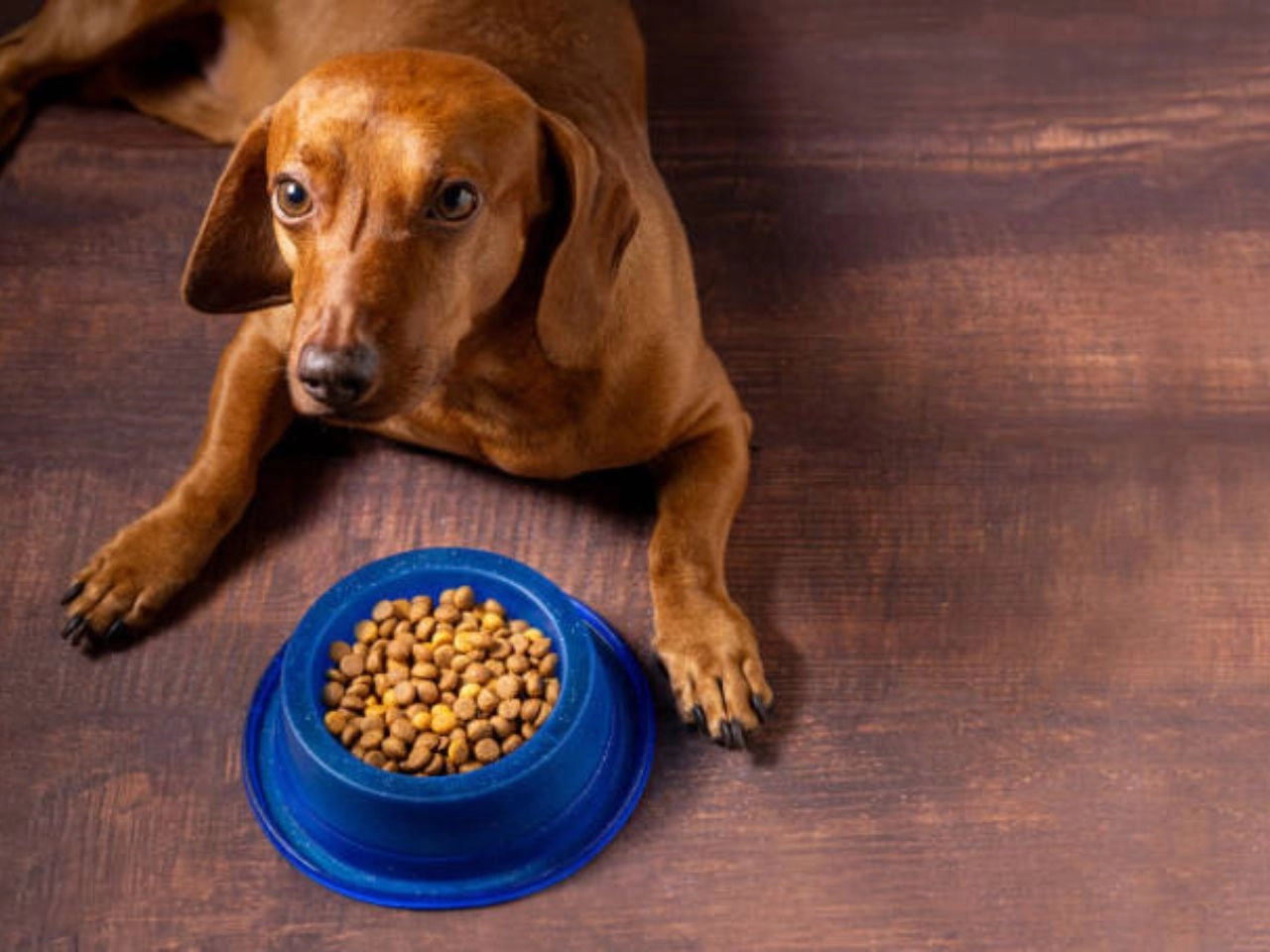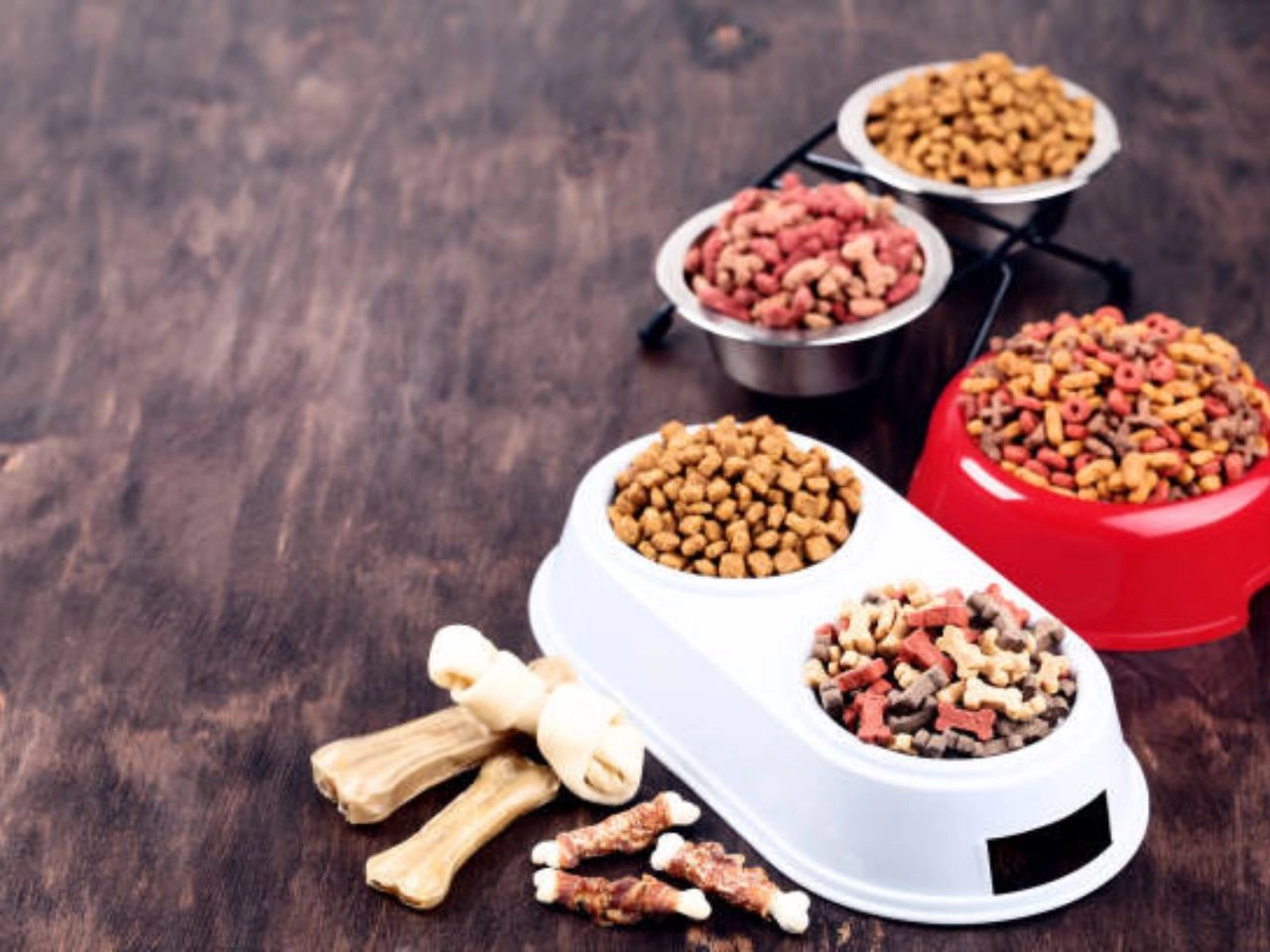The best dog food for hunting dogs is high in protein and fat. It supports their energy needs and muscle maintenance.
Hunting dogs require a specialized diet to maintain peak performance and health. These dogs expend significant energy during hunts and need food that meets their high metabolic demands. Quality dog food for hunting breeds should contain essential nutrients, including high levels of protein and fat.
Protein helps build and repair muscles, while fat provides a dense source of energy. Look for foods with real meat as the primary ingredient and added vitamins and minerals. Avoid fillers and artificial additives. A balanced diet ensures your hunting dog remains active, healthy, and ready for the next adventure.
Introduction To Nutritional Needs Of Hunting Dogs
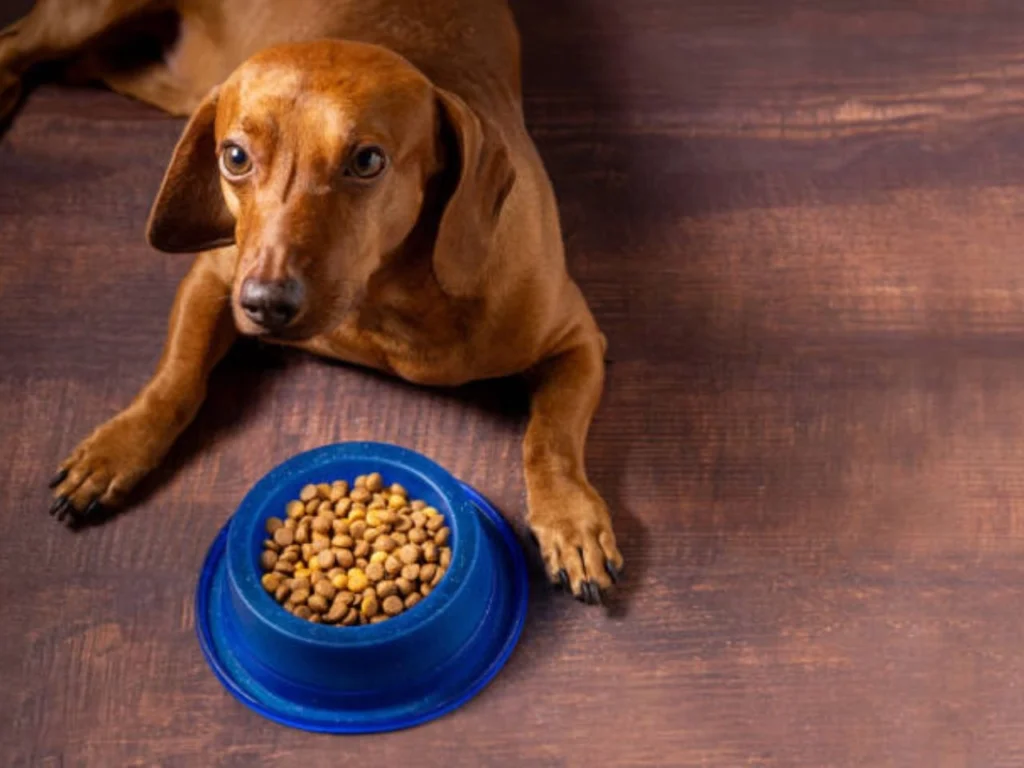
Hunting dogs need special nutrition. Their work demands high energy and endurance. Feeding them right is crucial for their performance and health. This guide explores what they need in their diet.
Energy Requirements
Hunting dogs are active. They burn many calories. Their food must be energy-dense. This keeps them strong during hunts. Dogs need more fat and protein for energy. These nutrients fuel their muscles and keep them going.
| Activity Level | Calories per Day |
| Moderate | 1,200 – 1,800 |
| High | 2,000 – 2,500 |
| Intense | 3,000+ |
Key Nutrients For Stamina And Recovery
Proper nutrition helps hunting dogs recover. Protein repairs muscles and tissues. High-quality proteins are best. Fats provide long-lasting energy. Omega-3 and Omega-6 fatty acids are essential.
Carbohydrates give quick energy. They are important for short bursts of activity. Vitamins and minerals support overall health. They keep the immune system strong.
- Protein: Chicken, beef, fish
- Fats: Fish oil, chicken fat
- Carbohydrates: Rice, sweet potatoes
- Vitamins: B vitamins, vitamin E
- Minerals: Calcium, phosphorus
Balance is key. Too much of one nutrient can harm. A balanced diet ensures hunting dogs stay healthy and perform their best.
Analyzing Commercial Dog Food Labels
Choosing the best dog food for hunting dogs requires careful consideration. Analyzing commercial dog food labels can help you make an informed decision. Understanding the ingredients and macronutrient ratios is crucial for your dog’s health and performance.
Ingredients To Look For
High-quality ingredients are essential for hunting dogs. Look for:
- Real meat: Chicken, beef, or fish should be the first ingredient.
- Whole grains: Brown rice, oats, and barley provide energy.
- Fruits and vegetables: Blueberries, carrots, and spinach add vitamins and minerals.
- Healthy fats: Salmon oil and flaxseed support skin and coat health.
Avoid foods with fillers like corn, soy, and by-products. These offer little nutritional value.
Understanding Macronutrient Ratios
Macronutrient ratios are key for hunting dogs. Here is a simple breakdown:
| Macronutrient | Ideal Percentage | Benefits |
| Protein | 25-30% | Supports muscle development and repair. |
| Fat | 15-20% | Provides energy and supports coat health. |
| Carbohydrates | 30-40% | Offers quick energy for active dogs. |
Ensure the food also contains essential vitamins and minerals. These support overall health and immune function.
Top Rated Dry Dog Foods For Hunters
Choosing the best dog food for hunting dogs ensures they perform well. Hunting dogs need energy and stamina. Dry dog foods are often the top choice. They are easy to store and serve. Here are some top-rated options for your hunting dog.
Grain-free Options
Some dogs have grain allergies. Grain-free dog foods can help. These foods often use sweet potatoes or peas instead of grains. They can be easier to digest.
- Blue Buffalo Wilderness: This food uses real chicken and sweet potatoes. It contains no grains, corn, or soy.
- Wellness CORE: Made with turkey and chicken, it is rich in protein. It also has vegetables and fruits.
- Taste of the Wild: Uses roasted bison and venison. It is grain-free and includes antioxidants from fruits and vegetables.
High-protein Formulas
Hunting dogs need protein for muscle strength. High-protein dog foods support their active lifestyle. These foods often have meat as the first ingredient.
- Orijen Original: Packed with 85% animal ingredients. It includes chicken, turkey, and fish.
- Victor Hi-Pro Plus: Contains 30% protein from beef, chicken, pork, and fish meals. It supports high energy levels.
- Purina Pro Plan SPORT: Designed for active dogs. It has 30% protein and 20% fat for endurance.
| Brand | Protein Source | Features |
| Blue Buffalo Wilderness | Chicken | Grain-free, with sweet potatoes |
| Wellness CORE | Turkey, Chicken | High protein, with vegetables and fruits |
| Taste of the Wild | Bison, Venison | Grain-free, with antioxidants |
| Orijen Original | Chicken, Turkey, Fish | 85% animal ingredients |
| Victor Hi-Pro Plus | Beef, Chicken, Pork, Fish | 30% protein, supports high energy |
| Purina Pro Plan SPORT | Chicken | 30% protein, 20% fat |
Wet Food Benefits For Hydration And Taste
Wet food can be an excellent choice for hunting dogs. It helps keep them hydrated, and they find it tasty. This type of food has many advantages for your canine friends.
Moisture-rich Picks
Wet food contains a high level of moisture. This helps keep your dog hydrated. Hunting dogs often need extra fluids due to their active lifestyle. Below is a table showcasing some moisture-rich wet food brands:
| Brand | Moisture Content | Key Ingredients |
| Brand A | 78% | Chicken, Beef |
| Brand B | 80% | Salmon, Sweet Potato |
| Brand C | 82% | Turkey, Carrot |
Palatability For Picky Eaters
Some dogs are picky eaters. Wet food can be more appealing to them. It has a stronger aroma and richer texture. Here are some reasons why wet food is palatable:
- Enhanced aroma: Dogs find the smell more enticing.
- Smooth texture: Easier to chew and digest.
- Variety of flavors: Keeps meals exciting.
These features make it easier to ensure your hunting dog eats well. With wet food, even the fussiest eaters will enjoy their meals.
Raw Diets: Are They Suitable For Your Hunting Companion?
Hunting dogs have unique dietary needs. A raw diet can be a great option. But is it suitable for your hunting companion? Let’s explore the benefits and considerations.
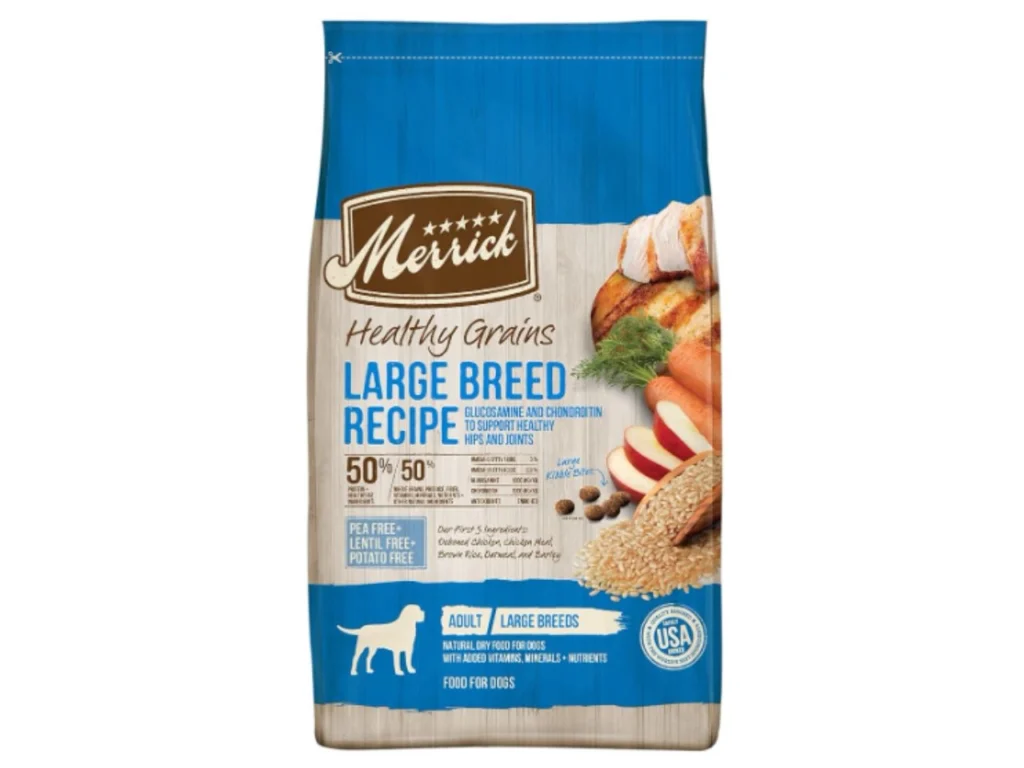
Precautions And Best Practices
Pros
- Increased Energy & Stamina: Hunting dogs burn a lot of calories during hunts. High protein and fat content provides sustained energy for long days in the field.
- Muscle Building & Repair: Protein is essential for building and repairing muscles, which are crucial for a hunting dog’s strength and performance.
- Improved Coat Health: High-quality fats contribute to a shiny, healthy coat, which can be beneficial in some weather conditions.
Cons
- Cost: High-quality dog food with high protein and fat content tends to be more expensive than standard kibble.
- Weight Gain: If not careful about portion control, a high-calorie diet can lead to weight gain in less active hunting dogs during the off-season.
- Consult a veterinarian before starting a raw diet.
- Use high-quality, fresh ingredients to avoid contamination.
- Keep a clean preparation area to prevent bacteria spread.
- Introduce new foods gradually to monitor for allergies.
- Ensure the diet is balanced by including all necessary nutrients.
Here are some common foods in a raw diet:
| Food Type | Examples |
| Meat | Chicken, Beef, Turkey |
| Bones | Chicken wings, Beef ribs |
| Organs | Liver, Kidney, Heart |
Always monitor your dog’s health. Adjust the diet as needed. A raw diet can be beneficial but requires careful planning.
Homemade Meals: Tailored Nutrition
Creating homemade meals for your hunting dog provides them with tailored nutrition. These meals ensure they get the right balance of nutrients. Tailored nutrition keeps your dog healthy and energized. Homemade meals also allow you to control ingredients and avoid fillers.
Recipes For High Energy
Hunting dogs need high-energy foods to maintain their stamina. Here are two simple recipes:
| Recipe | Ingredients | Instructions |
| Chicken and Rice | 2 cups of cooked chicken1 cup of cooked brown rice1 cup of mixed vegetables (carrots, peas) | Cook the chicken thoroughly.Mix the cooked chicken with rice and vegetables.Let it cool before serving. |
| Beef and Sweet Potato | 2 cups of ground beef1 cup of mashed sweet potato1/2 cup of green beans | Brown the ground beef in a pan.Mix the beef with mashed sweet potato and green beans.Allow the mixture to cool before serving. |
Supplementing With Vitamins And Minerals
To ensure your dog gets all necessary nutrients, consider supplementing with vitamins and minerals. Here are some key supplements:
- Omega-3 Fatty Acids: Supports healthy skin and coat.
- Glucosamine: Helps maintain joint health.
- Probiotics: Improves digestive health.
- Vitamin E: Boosts immune function.
Always consult your vet before adding supplements to your dog’s diet. This ensures their specific needs are met.
Performance Boosters: Supplements For Hunting Dogs
Hunting dogs need extra nutrition to keep them at peak performance. Their diet should include special supplements. These supplements help enhance their stamina, joint health, and coat condition. Below are some key supplements to consider for your hunting dog.
Joint Health
Hunting dogs often face joint stress due to their active lifestyle. Supplements for joint health are crucial. They help maintain flexibility and reduce inflammation. Here are some effective joint health supplements:
| Supplement | Benefits |
| Glucosamine | Supports cartilage and joint function. |
| Chondroitin | Reduces joint pain and inflammation. |
| MSM (Methylsulfonylmethane) | Improves joint comfort and mobility. |
Omega Fatty Acids For Coat And Skin
Omega fatty acids are essential for a hunting dog’s coat and skin. They help reduce shedding and improve coat shine. Omega-3 and Omega-6 fatty acids are vital for this purpose. These fatty acids also support heart health and reduce inflammation.
Here are some sources of Omega fatty acids:
- Fish Oil: Rich in Omega-3 fatty acids. Supports skin health and reduces shedding.
- Flaxseed Oil: A good source of Omega-3 and Omega-6 fatty acids. Promotes a shiny coat and healthy skin.
- Chia Seeds: Contain Omega-3 fatty acids. Help improve coat condition and reduce inflammation.
Incorporate these supplements into your hunting dog’s diet. They will help keep your dog in top condition. A healthy dog performs better in the field.
Feeding Schedules And Portions For Optimal Performance
Ensuring your hunting dog receives the right nutrition is crucial. Balanced feeding schedules and appropriate portion sizes are essential for peak performance. This section will guide you on how to schedule meals and determine the right portions.
Timing Meals Around Hunting Sessions
Proper meal timing can boost your dog’s energy levels. Avoid feeding your dog right before a hunt. This can cause discomfort and sluggishness.
Feed your dog at least two hours before hunting. This allows for proper digestion. After a hunt, wait about an hour before feeding again.
Stick to a consistent schedule. Regular meal times help maintain your dog’s metabolism. This ensures they are always ready for action.
Portion Sizes To Maintain Ideal Weight
Portion control is vital for a healthy hunting dog. Overfeeding leads to weight gain and health issues. Underfeeding can result in a lack of energy.
Use the table below to determine the right portion sizes. Adjust portions based on your dog’s activity level and weight.
| Weight (lbs) | Daily Portion (cups) |
| 20-30 | 1.5 – 2 |
| 30-40 | 2 – 2.5 |
| 40-50 | 2.5 – 3 |
| 50-60 | 3 – 3.5 |
| 60-70 | 3.5 – 4 |
Monitor your dog’s weight regularly. Adjust portions as needed. This helps maintain an ideal weight and ensures your dog stays healthy.
Consult your vet for personalized advice. They can help fine-tune your dog’s diet for optimal performance.
Special Dietary Considerations For Different Breeds
Hunting dogs need special diets. Their food should match their breed. Different breeds have unique needs. These needs help them stay healthy and active. In this section, we will explore these special dietary considerations.
Breed-specific Formulas
Each breed has different nutritional needs. Breed-specific formulas meet these needs. For example, a Labrador Retriever needs more protein. A Beagle may need fewer calories. This helps them maintain a healthy weight.
Here is a table showing some breed-specific needs:
| Breed | Nutritional Needs |
| Labrador Retriever | High protein for muscle mass |
| Beagle | Lower calories to prevent obesity |
| German Shepherd | Joint support nutrients |
Choosing the right formula can improve your dog’s performance. It can also prevent health issues.
Adapting To The Metabolic Needs
Hunting dogs burn a lot of energy. Their metabolism is fast. Adapting to the metabolic needs of your dog is key. Some breeds have faster metabolisms. They need more calories and nutrients.
Here is a list of high-energy breeds:
- Border Collie
- Siberian Husky
- Australian Shepherd
These breeds need high-calorie diets. They also need more fats and proteins. This keeps their energy levels high during hunts.
Feeding them small, frequent meals can help. It ensures they have a steady energy supply. It also supports their active lifestyles.
Each breed has unique dietary needs. Understanding these needs can help you choose the best dog food. This will keep your hunting dog healthy and strong.
Hydration Strategies For Hunting Dogs
Ensuring your hunting dog stays hydrated is crucial for their performance and health. Hunting dogs are active and need proper hydration to avoid fatigue and health issues. Here are some effective strategies to keep your hunting dog well-hydrated.
Water Intake During Hunts
During hunts, hunting dogs require frequent water breaks. Provide them with fresh water every 30 minutes to 1 hour. Carry a portable water bowl and a bottle of clean water. Ensure the water is cool but not too cold to avoid stomach upset.
Consider using a hydration pack for longer hunts. This pack allows your dog to drink while on the move. Monitor their water intake and adjust based on the weather and their activity level.
Signs Of Dehydration
Recognizing the signs of dehydration is essential. Common signs include excessive panting, dry nose, and sunken eyes. Also, check for dry gums and skin that doesn’t snap back quickly when pinched.
Keep an eye on their energy levels. A dehydrated dog will be lethargic and less responsive. If you notice any of these signs, provide water immediately and rest.
| Signs of Dehydration | Description |
| Excessive Panting | Rapid, heavy breathing even when resting |
| Dry Nose | Nose appears dry and cracked |
| Sunken Eyes | Eyes look dull and sunken into sockets |
| Dry Gums | Gums feel sticky and dry to touch |
| Skin Elasticity | Skin doesn’t return quickly when pinched |
Maintaining hydration is key to keeping your hunting dog healthy and active. Regular water breaks and recognizing dehydration signs will ensure your dog’s optimal performance during hunts.
Transitioning Foods And Diet Rotation
Proper nutrition is vital for hunting dogs. Transitioning their food and rotating their diet helps maintain their health. This section will cover when to switch foods and the benefits of rotating proteins to avoid allergies.
When To Switch Foods
Switching foods for your hunting dog needs careful planning. Start by mixing 25% of the new food with 75% of the old food. Gradually increase the new food by 25% each day. This transition should take about a week.
Signs that it’s time to switch foods include:
- Loss of appetite
- Weight gain or loss
- Changes in energy levels
- Digestive issues like diarrhea or constipation
Switching foods ensures your dog gets different nutrients. It prevents nutrient deficiencies and keeps your hunting dog in top shape.
Rotating Proteins To Avoid Allergies
Rotating proteins helps prevent allergies. Dogs can develop allergies to specific proteins if they eat the same food for too long.
Common protein sources to rotate include:
| Protein Source | Benefits |
| Chicken | High in protein, easy to digest |
| Beef | Rich in iron and zinc |
| Fish | High in omega-3 fatty acids |
| Lamb | Great for sensitive stomachs |
Change the protein source every few months. This reduces the risk of allergies and keeps your dog’s diet exciting. Always observe your dog for any adverse reactions during a protein rotation.
FAQ(Best Dog Food for Hunting Dogs)
Do Hunting Dogs Need High Protein?
Yes, hunting dogs need high protein. High-protein diets support their energy levels, muscle maintenance, and overall health.
Is Purina Pro Plan Good For Hunting Dogs?
Yes, the Purina Pro Plan is good for hunting dogs. It provides high-quality protein and essential nutrients for active dogs
What Foods Do Dogs Find Irresistible?
Dogs find chicken, beef, and cheese irresistible. Peanut butter, pumpkin, and sweet potatoes also rank high. Fresh fruits like apples and blueberries are favorites too.
Choosing the right dog food for hunting dogs is crucial. It ensures they stay healthy and energetic. Always opt for high-protein, nutrient-rich options. Research brands and read reviews to find the best fit. Your hunting dog deserves the best nutrition for optimal performance.
Happy hunting and healthy feeding!
